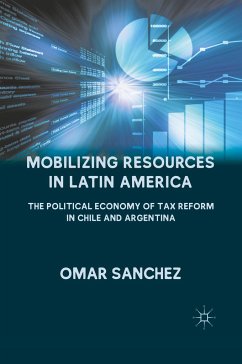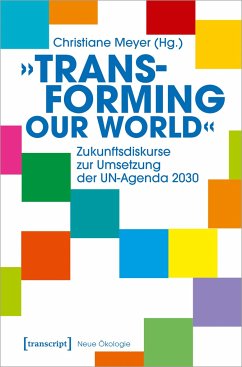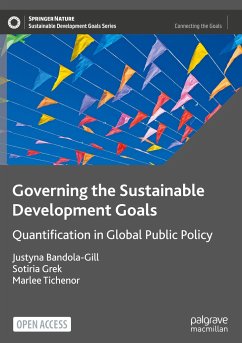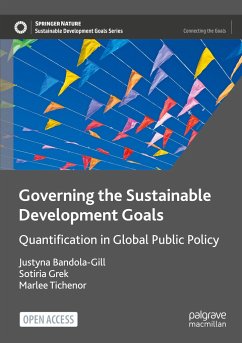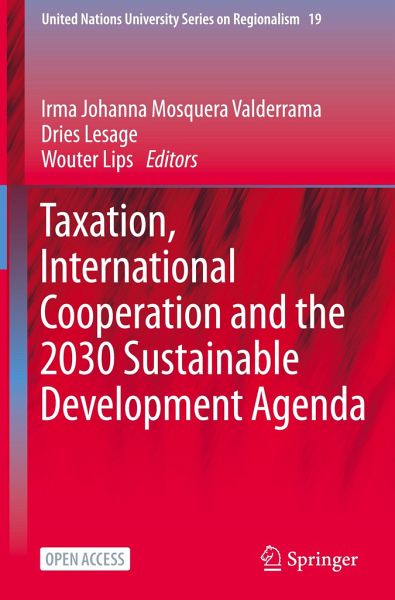
Taxation, International Cooperation and the 2030 Sustainable Development Agenda
Versandkostenfrei!
Versandfertig in 6-10 Tagen
38,99 €
inkl. MwSt.

PAYBACK Punkte
19 °P sammeln!
This open access volume addresses the link between international taxation, the 2030 Sustainable Development Agenda and the medium-term revenue strategy concept. It also analyses how countries and governments can reinforce this link in current and future initiatives in international taxation, including the base erosion profit shifting project initiated by the Organization for Economic Co-operation and Development with the political mandate of the G20. It discusses the 2030 Sustainable Development Agenda that are relevant for taxation and assesses the current work done by international organizat...
This open access volume addresses the link between international taxation, the 2030 Sustainable Development Agenda and the medium-term revenue strategy concept. It also analyses how countries and governments can reinforce this link in current and future initiatives in international taxation, including the base erosion profit shifting project initiated by the Organization for Economic Co-operation and Development with the political mandate of the G20. It discusses the 2030 Sustainable Development Agenda that are relevant for taxation and assesses the current work done by international organizations, regional tax organizations and countries to achieve these Sustainable Development Goals. The contributions to this volume provide an interdisciplinary mix of expertise in tax law, international political economy, global governance and international relations. Through these different perspectives, this volume provides an elaborate reference and evaluation framework formultilateral cooperation on tax and development to strengthen the revenue system of developed and developing countries. This topical volume is of interest to students and researchers of the social sciences, law and economics, as well as policy makers working on taxation.






